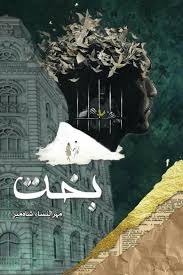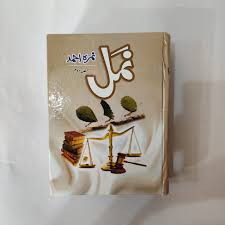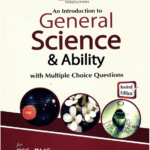Description
A tale that “Heart of Darkness,” a novella by Joseph Conrad, composed in 1899, underlines various interpretations regarding imperialism, civilization, and the human psyche. Here’s a brief overview:
Title and Author: Heart of Darkness by Joseph Conrad.
Genre/Category: Novella, Modernist Fiction, Psychological Fiction, Colonial Literature.
Plot Summary: A tale told by a seaman named Charles Marlow who shares his journey into the Congo River basin in Africa. Marlow is approached by a Belgian company with the task of finding one Kurtz, an ivory trader who has become a figure of intense fascination and power to the local tribes. As Marlow travels further into the jungle, he comes face-to-face with the brutal reality of colonial exploitation and the darkness that lies at the heart of human nature. Kurtz, that imperial god conceived and adored by the natives, charismatic but deteriorating, is the grandest manifestation of the deleterious effects of imperialism.
Major themes emphasized are the darkness of man’s nature, the hypocrisy of imperialism, and civilization-versus-savagery contrast. He explores the morbid and psychological effects of colonialism on both the colonizers and the colonized. At the same time, it raises philosophical questions about the existence of evil and the reasonableness of a thin civilized veneer.
Dark, ominous, reflective tone. His style is remarkable for his complex and layered narrative structure as he uses a frame story, wherein Marlow recounts his experiences to other sailors. The prose is dense, symbolic, and evokes a mood of ambiguity and introspection.
Target group: This novella appealed to the students of literary fiction who are keen on reading pieces that pose very cogent questions based on social and philosophical questions. It also attracts academic circles because of its themes based on colonialism, narrative technique, and its contributions to modernist literature.
Heart of Darkness is a novella that is considered a classic for its scathing criticism of imperialism and the human condition. It has earned a pride of place in the canon of English literature.










Reviews
There are no reviews yet.